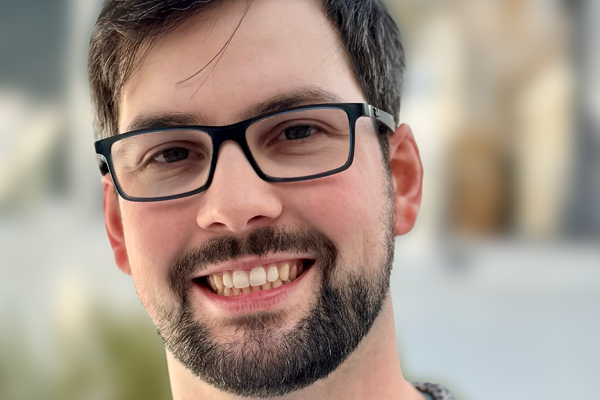
Dr. Alexander von Hoegen
MIT
Controlling THz Light-Matter Coupling to Manipulate Layered Quantum Materials
Location: 1080 Physics Research Building
Faculty Host: Fengyuan Yang
Abstract: I will discuss how terahertz (THz) light-matter coupling can be controlled in both time and space to transiently manipulate the properties of layered quantum materials.
In this context, THz-driven collective modes provide a powerful route to reveal and dynamically shape the interplay between microscopic degrees of freedom. I will illustrate this by focusing on a quasi-two-dimensional magnetic material, where THz excitation stabilizes a new metastable magnetic ground state. This emergent phase arises from a unique interplay of magnetic fluctuations and strong spin-lattice coupling.
In the second part, I will show how THz light-matter interactions can be custom-tailored by engineering a sample’s geometry and dielectric environment. This gives rise to distinctive resonances that confine electromagnetic waves to deeply sub-wavelength scales. By directly visualizing the THz electrodynamics in the layered superconductor Bi2Sr2CaCu2O8, I will demonstrate a crossover from geometry-dominated behavior at low temperatures to a scattering-dominated regime above the transition temperature.
Together, these findings highlight the versatility of THz-driven approaches to control and probe emergent phenomena in layered quantum materials.
Bio: Dr. Alexander von Hoegen is an experimental condensed matter physicist and since 2022 a Feodor Lynen Postdoctoral Research Fellow at the Massachusetts Institute of Technology. His work focuses on using light to study and control the properties of quantum materials with the goal to understand their microscopic interactions. He earned his Ph.D. in Physics (summa cum laude, 2021) from the University of Hamburg under the supervision of Prof. Andrea Cavalleri, where he pioneered advanced ultrafast spectroscopy methods, including time-, amplitude-, and phase-resolved second-harmonic generation. His M.Sc. and B.Sc. degrees (both cum laude, 2013 and 2015) were completed at RWTH Aachen University in the research group of Prof. Matthias Wuttig. During this time, he also took the opportunity to work in the group of Prof. Aaron Lindenberg at Stanford University as a visiting researcher on laser crystallization experiments, which sparked his excitement for ultrafast optical spectroscopy.
